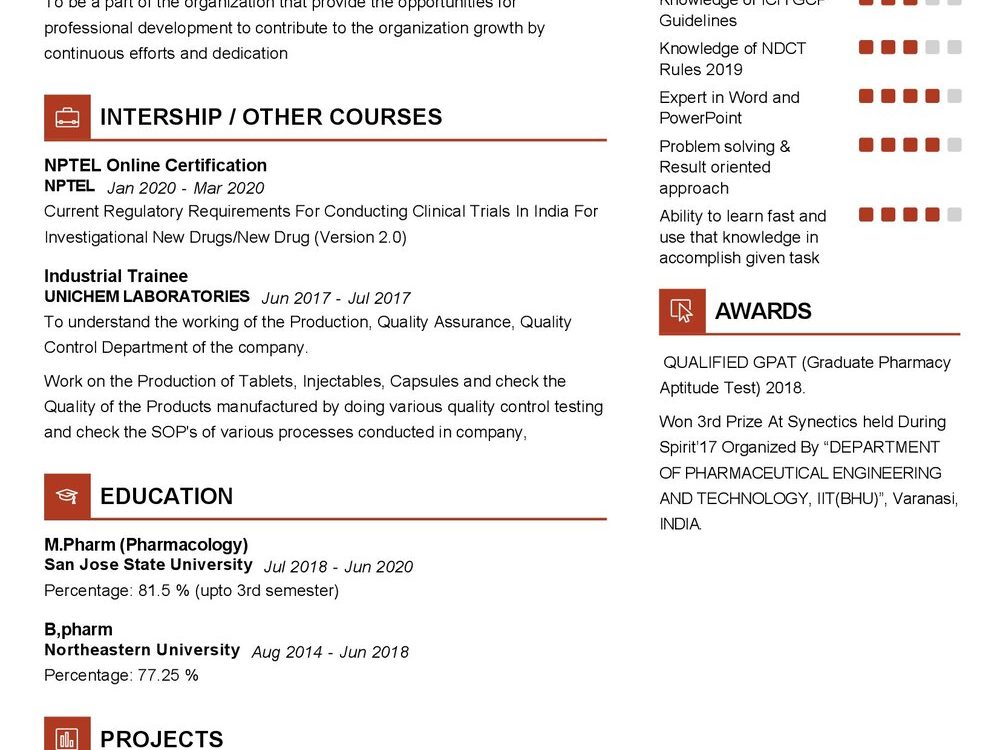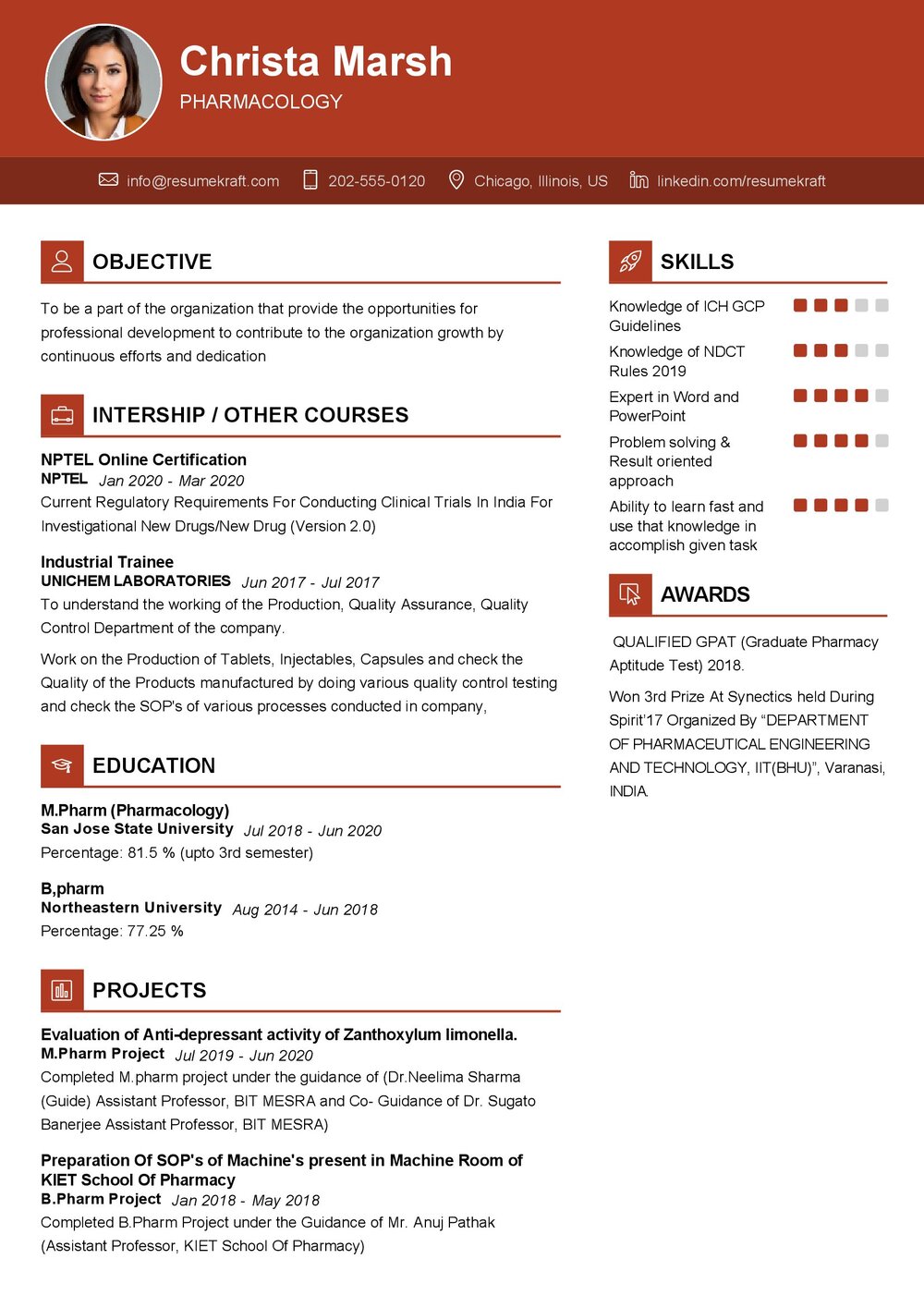Understanding the Role of Pharmacology in Modern Healthcare
Pharmacology, an indispensable branch of medical science, plays a crucial role in the treatment and management of various health conditions. In today’s rapidly evolving healthcare landscape, the significance of pharmacology has grown exponentially, with a focus on understanding the effects of drugs and their interaction with the human body. Let’s delve deeper into the multifaceted world of pharmacology, its impact on patient care, and its pivotal role in shaping the future of medicine.
What Does a Pharmacologist Do?
Pharmacologists are professionals dedicated to the study of drugs and their effects on living organisms. Their role involves extensive research and analysis to understand how different drugs interact with biological systems, aiming to develop safe and effective medications for various ailments. A pharmacologist’s responsibilities may include:
- Conducting research on the effects of drugs on specific diseases or health conditions.
- Studying the mechanisms of action of various medications to understand their efficacy and potential side effects.
- Collaborating with other healthcare professionals to develop new drugs and treatment protocols.
- Evaluating the safety and efficacy of existing medications through rigorous testing and clinical trials.
- Providing guidance on the appropriate use of medications and potential drug interactions.
- Contributing to the development of pharmacological guidelines and protocols for healthcare facilities.
A pharmacologist’s work is instrumental in ensuring the safety and efficacy of medications, ultimately contributing to the improvement of patient care and overall public health.
Education and Skills Required for a Career in Pharmacology
Pursuing a career in pharmacology demands a strong foundation in both scientific knowledge and practical skills. Aspiring pharmacologists are required to meet certain educational and skill-related prerequisites, which typically include:
- A Bachelor’s or Master’s degree in Pharmacology, Pharmaceutical Sciences, or a related field, providing a comprehensive understanding of drug mechanisms and biological systems.
- Familiarity with laboratory techniques and research methodologies, essential for conducting experiments and analyzing data effectively.
- Strong analytical and critical thinking skills, enabling the evaluation of complex scientific information and the formulation of evidence-based conclusions.
- Excellent communication and interpersonal skills, necessary for collaborating with interdisciplinary teams and conveying complex scientific findings to diverse audiences.
- Attention to detail and a meticulous approach to work, ensuring precision and accuracy in research and experimental procedures.
Continuous learning and staying updated with the latest advancements in pharmacology are crucial for maintaining a successful career in this rapidly evolving field.
Key Responsibilities of a Pharmacologist
The role of a pharmacologist encompasses a diverse range of responsibilities, each contributing to the development, evaluation, and safe use of pharmaceuticals. Some of the key responsibilities of a pharmacologist include:
- Conducting preclinical and clinical research to assess the safety and efficacy of potential new drugs.
- Collaborating with regulatory authorities to ensure compliance with established guidelines and protocols for drug development and testing.
- Assessing the potential risks and benefits of various drug therapies, providing valuable insights for healthcare practitioners and patients.
- Monitoring and analyzing drug interactions and adverse effects to minimize potential risks and improve patient outcomes.
- Contributing to the development of new pharmaceutical products and treatment protocols, focusing on improving the quality of patient care and outcomes.
By fulfilling these responsibilities, pharmacologists contribute significantly to the advancement of medical science and the development of safe and effective treatments for various health conditions.
Building a Strong CV for a Career in Pharmacology
Crafting an impressive CV is essential for showcasing your skills and expertise in the field of pharmacology. Here are some key tips to help you build a compelling CV:
- Highlight your educational background and any relevant research experience, emphasizing your understanding of pharmacological principles and methodologies.
- Detail any research projects or publications you have contributed to, showcasing your contributions to the advancement of pharmacological knowledge.
- Include specific examples of your analytical skills and critical thinking abilities, highlighting instances where you have successfully evaluated complex scientific data.
- Emphasize your communication skills and ability to work in interdisciplinary teams, demonstrating your capacity to collaborate effectively in a professional environment.
- Stay updated with the latest developments in the field and consider obtaining certifications or participating in relevant workshops to showcase your commitment to continuous learning.
By following these guidelines, you can create a compelling CV that highlights your expertise and potential as a skilled pharmacologist.
Skills Required for Success in Pharmacology
Success in the field of pharmacology requires a combination of specific soft and hard skills that contribute to effective research and analysis. Some of the essential skills for a career in pharmacology include:
Soft Skills:
- Analytical thinking and problem-solving, crucial for evaluating complex scientific data and developing effective solutions.
- Effective communication and interpersonal skills, essential for collaborating with colleagues and conveying complex scientific information to diverse audiences.
- Attention to detail and precision, necessary for conducting accurate research and experiments and ensuring the reliability of data.
- Adaptability and resilience, enabling you to navigate through the challenges of the dynamic and evolving field of pharmacology.
Hard Skills:
- Proficiency in laboratory techniques and research methodologies, vital for conducting experiments and analyzing data accurately.
- In-depth knowledge of drug mechanisms and interactions, allowing you to assess the efficacy and safety of pharmaceutical products effectively.
- Understanding of regulatory guidelines and compliance requirements, ensuring adherence to established standards for drug development and testing.
- Ability to interpret and analyze complex scientific data, facilitating the identification of trends and patterns that contribute to the advancement of pharmacological knowledge.
By developing and honing these skills, you can position yourself for success and growth in the field of pharmacology.
Avoiding Common Mistakes in Crafting Your Pharmacology CV
While creating your CV, it is crucial to avoid common mistakes that can undermine your professional credibility. Here are some pitfalls to steer clear of:
- Avoid exaggerating or fabricating your qualifications or experience, as it can lead to significant consequences and damage your professional reputation.
- Ensure that your CV is well-organized and easy to read, avoiding cluttered formats or excessive use of technical jargon that may confuse the reader.
- Proofread your CV thoroughly to eliminate any grammatical or typographical errors, as such mistakes can create a negative impression and diminish the impact of your application.
- Tailor your CV to the specific job requirements, emphasizing relevant skills and experiences that align with the position you are applying for.
- Include a concise and compelling cover letter that highlights your motivation and suitability for the role, providing additional context for your application.
By avoiding these common mistakes, you can ensure that your pharmacology CV presents you as a credible and qualified candidate, increasing your chances of securing your desired role in the field.
Key Takeaways for Your Pharmacology CV
As you finalize your pharmacology CV, remember the following key points to enhance its effectiveness and impact:
- Highlight your educational background and research experience, emphasizing your understanding of pharmacological principles and methodologies.
- Emphasize your communication and collaboration skills, showcasing your ability to work effectively in interdisciplinary teams.
- Showcase your analytical skills and attention to detail, demonstrating your capacity to evaluate complex scientific data accurately.
- Stay updated with the latest advancements in the field, reflecting your commitment to continuous learning and professional development.
Utilize resources like the AI CV Builder, CV Design, CV Samples, CV Examples, CV Skills, CV Help, CV Synonyms, and Job Responsibilities to create a standout application and prepare for the Pharmacology job interview.


